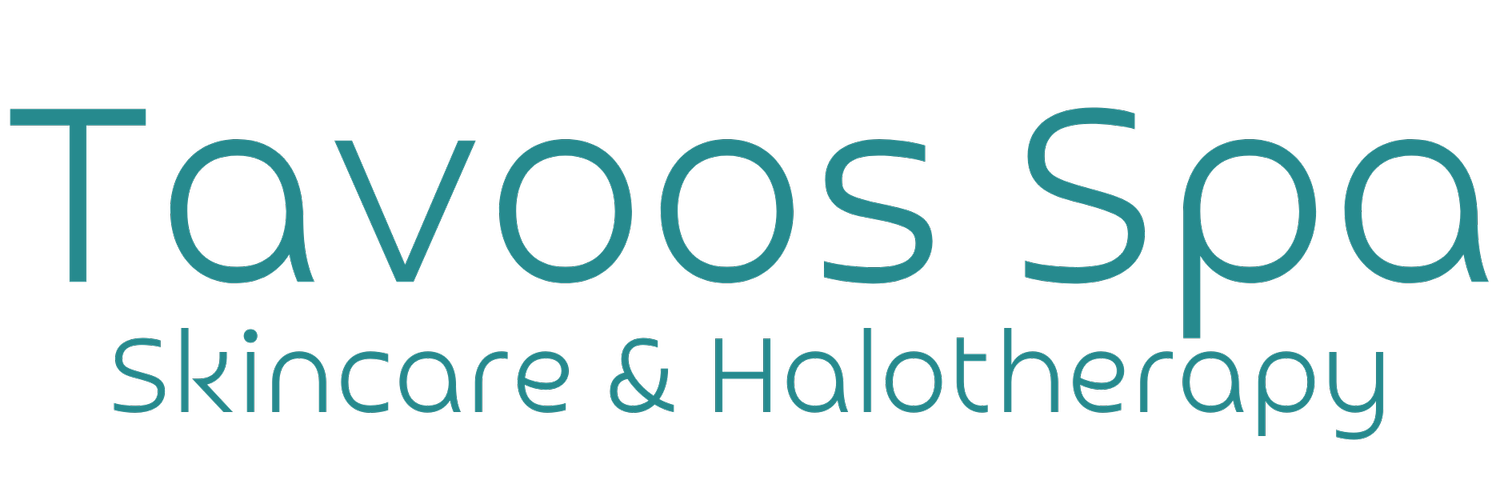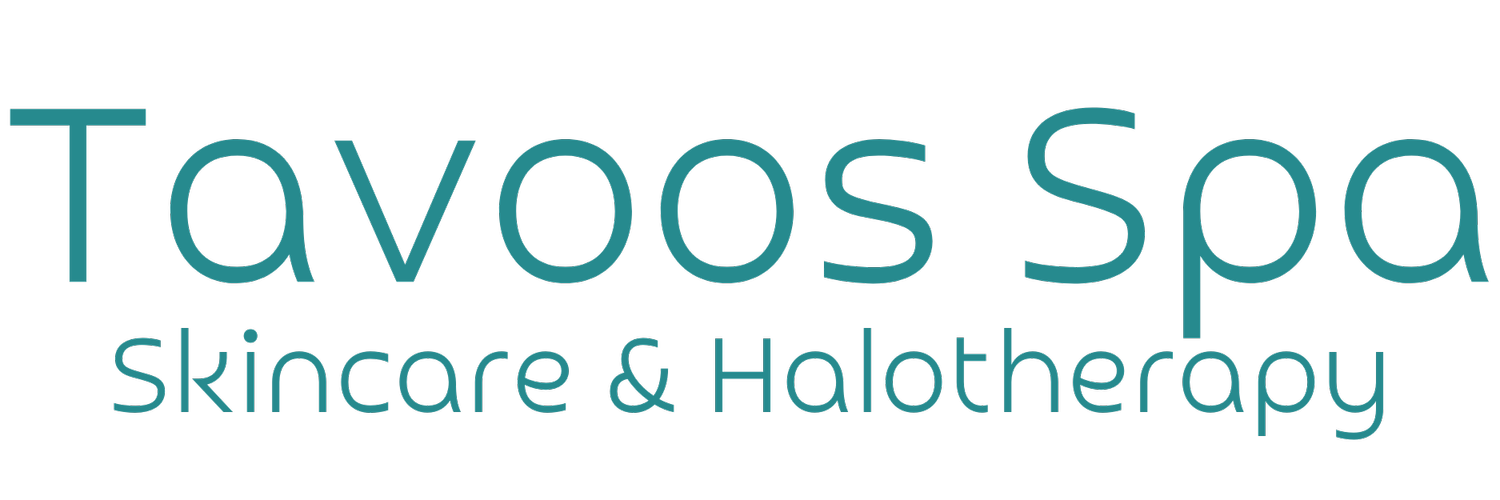Eczema (aka Atopic Dermatitis)
By Marji Soofi
There has been an increase in the number of children and adults who are suffering from Eczema. The exact cause of Eczema is unknown, but it is a thought that is caused by the immune system’s response to irritants. These irritants cause flare-ups and inflammation in the skin. The common irritants of eczema are diet, genetics, environmental factors, stress, and allergies. Symptoms of eczema include dry, red, itchy skin. It is a chronic condition.
FOODS THAT MAY TRIGGER ECZEMA
Dairy products, which includes milk, cheese, butter, and yogurt
Oranges, which have two chemicals, salicylates and amines, that are irritants
Grapes, including wine, raisins, or any grape products
MSG, triggers eczema and causes inflammation, found in soy sauce
Avocado is a good food but high in amines which is an irritant for eczema
Tomatoes are rich in salicylates and amines and natural MSG all which may cause inflammation
Broccoli, spinach, and kale, have the same properties as tomatoes, and can be an irritant
Processed meats, including ham, sausage, and bacon are high in nitrates which is an irritant
Dried fruits, contain salicylates, amines, MSG, and sulphites, all irritants
You can eat some of the above listed foods but you should limit them. Always check with your doctor.
TREATMENTS
Clean diet; eat eczema friendly foods, good quality meats, seafood, eczema-friendly greens that are lower in salicylates and these include green beans, iceberg lettuce and celery.
Drink filtered water since tap water contains chlorine which can be an irritant. Also carrot juice offers numerous benefits to the skin of people suffering from eczema.
Topical use of high quality Himalayan salt as a coating on the irritated areas, sealed in with a cream. Infrared sauna and the Salt room therapy increases the healing of skin and reduces inflammation.
Keeping the skin hydrated with unscented moisturizers that helps to increase the lipid barrier will help to reduce irritation. The thinner the skin’s lipid barrier is the more prone to redness, irritation and rashes the skin is. Niacinamide is a great ingredient that boosts ceramide production (which is like a glue holding the barrier together) and linoleic acid, which improves lipid barrier function. Oils like safflower and sunflower contain linoleic acid. Antioxidants like vitamin A, C and E, plus green tea extract all help to reduce inflammation.
Sunscreen is a must, but only mineral based, check our blog on sunscreen.
Essential fatty acids can be taken as a supplement, which helps to reduce inflammation.
Be cool, use tepid water to wash your face and avoid taking hot showers, or using hot tubs.
Keep your stress level down. Stress has been proven to slow down healing of the skin and causes chronic weakening of the skin.


